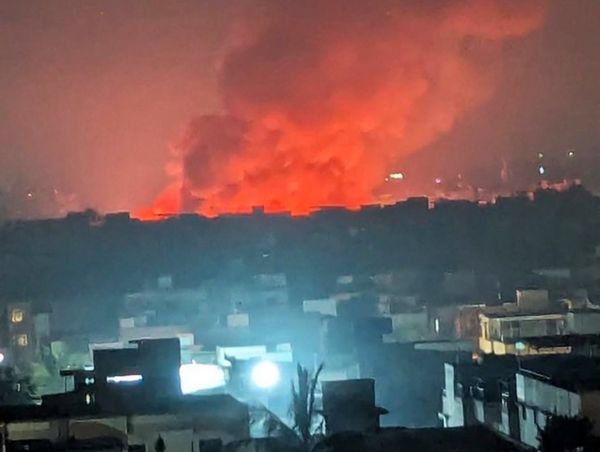
The vocational education and training (VET) sector’s reputation will be destroyed if urgent action isn’t taken to clean up malpractice among international education providers, a parliamentary inquiry has heard.
In the past weeks, the committee has heard of providers working with unregulated international education agents to steal students from prestigious public institutions for massive commissions, sell work visas and open “ghost schools” where students don’t attend classes and get handed degrees.
Labor MP Julian Hill told the inquiry on Tuesday the behaviour of the “bottom end” of providers was harming students and causing reputational damage but could also “destroy the social licence” of the sector if it wasn’t cleaned up.
“I couldn’t put it more clearly … if we don’t act more urgently, the community will start to turn on this sector … we’ve got to deal with this,” he said.
“Year after year, nothing seems to happen. Home affairs isn’t even enforcing the current rules, let alone new rules.
“All the evidence we get is you don’t regulate quality, you regulate the ecosystem around the provider, police paperwork, you have no line of sight to the quality of the graduates which are being produced from these institutes.”
About 180,000 international students are enrolled in the training sector across about 900 providers, regulated by the Australian Skills Quality Authority (ASQA).
Its CEO, Saxon Rice, told the inquiry the body was “acutely aware” of the risks of poor practices but conceded the current regulatory model didn’t assess the quality of teaching and graduate outcomes, instead focusing on individual provider risk.
Since July 2022, ASQA has received 470 complaints and intelligence about training providers. In the same time period, just seven have had their registrations cancelled or suspended.
A former teacher who taught English at a private educational institute with campuses across Australia for about six months told Guardian Australia the school was using educational agents to funnel international students into courses with dated textbooks, improper accreditation, substandard teachers and filthy classrooms, at a cost of about $1,000 a month.
The education agents were housed in the same building, on the same floor of his workplace.
“I could see from the inside how unethical the entire operation is,” he said, in comments separate to the inquiry.
“The agents act as the sketchy middle point … they find students – friends, friends of friends, and shuffle them to Australian offices who shuffle them to the courses.
“They’re not concerned about the quality of the course, they just take a massive cut. It’s a win-win but not for students because these courses are exorbitant.”
The institute is accredited by ASQA and promises pathways to affiliated public universities on its website. It has received multiple formal complaints.
He said they were provided with material from 20 years ago and forced to teach in overcrowded classrooms that still had plastic wrap on the seats.
He received no training and didn’t have his credentials verified, claiming other teachers had poor English skills and dealt with a revolving door of managers.
“Sometimes students had no access to textbooks. We were given two pages to teach a four-hour class,” he said.
“The test every week seemed to come from some random website, and they were reused so it was easy to cheat,” he said.
Menelaos Koumides, managing director of the Australian Academy of Vocational Education and Trades, told the inquiry the current regulatory system was failing.
“We see institutes that we think really should not be here … they’re highly competent in licensing requirements [and they’re] gaming the system,” he said.
“What is severely lacking in this industry, which is actually fundamental, is to hold registered trading organisations accountable by having independent assessments … and to make these transparent.
“[There are] blow-outs in agent’s commissions … 98% of students are going through agents … these are all consequences of a regulatory system … that was never fit for purpose.”
Koumides said students were receiving automatic passes with minimum study requirements.
“It’s not fit for purpose when it comes to quality, it never was.”







